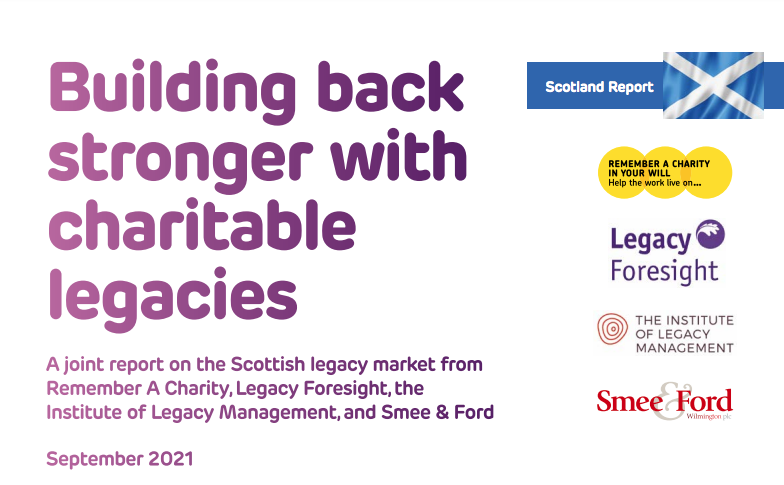Just 9% of 40+ donors actively reject idea of legacy giving
Only 9% of charity donors aged 40+ reject the idea of leaving a charitable legacy, with over a quarter of this age group saying they have included a gift to charity in their Will or are preparing to, according to the latest consumer tracking study commissioned by Remember A Charity.
Carried out by nfpSynergy, the study reveals that legacy giving continues to rise with 17% of charity supporters aged 40 and over including a charity in their Will and a further 10% preparing to do so. Annual tracking indicates a steady increase over the past decade: in 2010, 21% of donors in this age group said that they had left or intended to leave a gift in their Will, rising to 27% in 2019.
The percentage of donors actively rejecting the concept of leaving a legacy is down from 12% in 2010, while the number of people unaware of legacy giving has fallen from 20% in 2010 to 11% in 2019.
The top findings of the study are shared in Remember A Charity’s impact report, which summarises the coalition’s activity during 2019. Highlights from 2019 included providing evidence to the Office of Tax Simplification (OTS) that helped protect current tax breaks for legacy giving, and collaborating with fellow industry bodies to scrap the proposed probate fee increase.
Advertisement
Rob Cope, Director of Remember A Charity, said:
“We’re continuing to see growth in legacy giving over the long term, which is fantastic news for charities across the sector. It’s clear that there’s a real appetite for supporters to do something meaningful for good causes at the end of their lives, and that charities are communicating legacies well; creatively and sensitively, demonstrating how important they are in funding vital services.
“Legacy growth is being driven not only by charities communicating their own legacy case for support, but their willingness to work together to grow the market. Having a proactive and collaborative approach to legacies is critical if the sector is to succeed in normalising legacy giving and increasing the income pot so that there every charity can benefit.”




